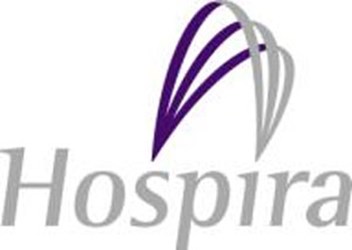Pfizer Mulls Sale Of Hospira's Device Business, Says Bloomberg

With a megamerger with Allergen on the horizon, Pfizer may be looking to sell off Hospira’s infusion pump and device portfolio, part of its acquisition of Hospira completed last year. Though Pfizer has declined to comment and no potential buyer has put forward a bid publicly, Bloomberg speculated that the drug-delivery device business could be worth $2 billion.
The acquisition of Hospira brought Pfizer a host of generic drugs and biosimilars, which Pfizer CEO Ian Read projected would “drive greater sustainability over the long term” for Pfizer’s Global Established Pharmaceutical business and further its goal of becoming a leader in the global sterile injectables market. Along with Hospira’s pharmaceutical pipeline, the $17 billion deal also netted Hospira’s medical device portfolio, which includes catheters, vials, and infusion pumps.
Sources close to Pfizer told Bloomberg that decisions are in the early stages, and Pfizer may very well decide to keep its foothold in the drug-delivery device business. That said, analysts argue that the move would streamline Pfizer’s business and “leave a more pure-play drugs unit for a possible spinoff” should the company make good on its plans to divide its established drug portfolio from its more “innovative business.”
Read told Reuters last year that a break-up of Pfizer could happen in 2017, “if an accounting analysis determines it makes sense.”
According to Fortune, the strongest evidence that a Pfizer split is moving forward is its imminent $117 billion acquisition of Allergan; Fortune cited Read’s recent remarks in an earnings call.
“Strengthening the innovative part of the company will give a more balanced business between both established and innovative, especially in a potential split scenario if we were to split the company,” said Read.
If the Allergan deal goes through — and some in Congress are fighting to ensure it doesn’t — Pfizer would close the biggest deal in pharmaceutical industry history and move its headquarters to Ireland, cutting its corporate tax rate from 25 percent to 17.
The Treasury Department has been looking for ways to stem the tide of corporate tax inversions and has introduced new administrative rules that would make it more difficult for American companies to take their business overseas. The Wall Street Journal reported that both sides of the congressional aisle had ideas on how to cut down on what President Obama called an “unpatriotic loophole,” but that none had reached a consensus.
The New York Times reported that the new rules put forth by the Treasury Department would have no effect on the Pfizer/Allergan deal.
